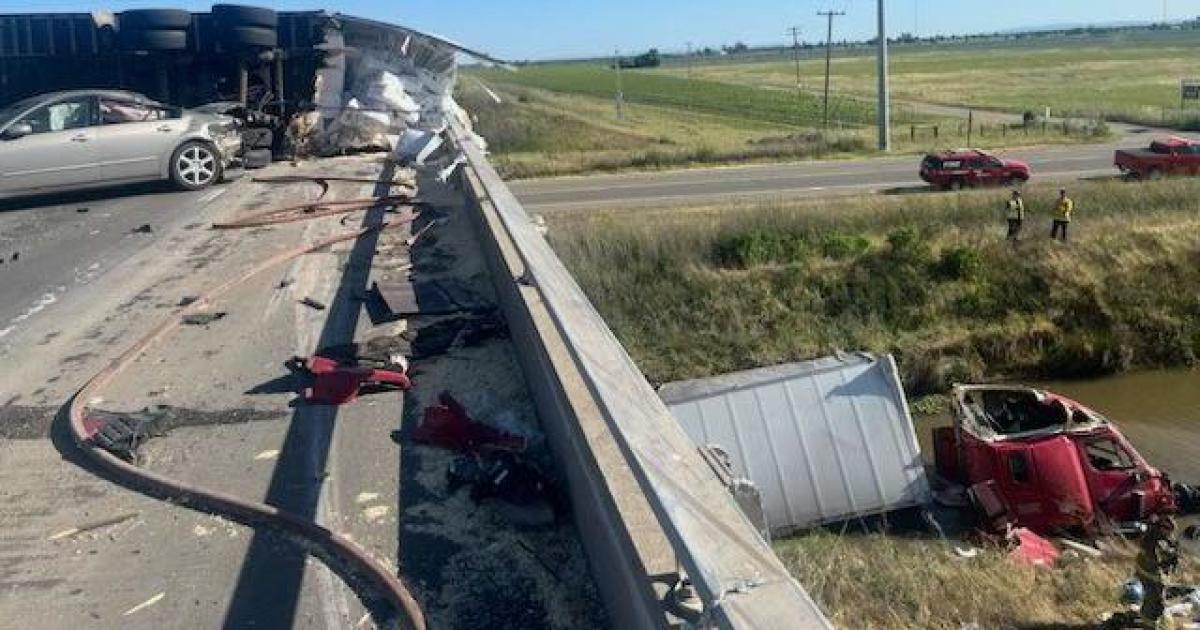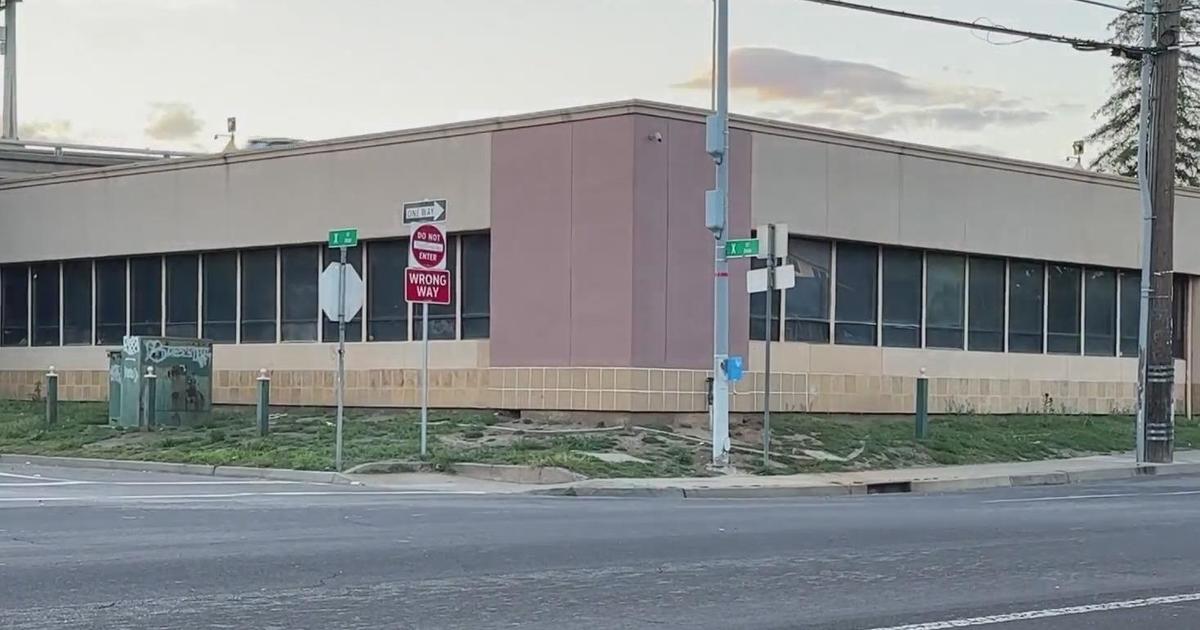Justice Delayed: A tale of two counties. Could Sacramento have the solution for court backlogs statewide?
A CBS News investigation exposed a backlog crisis in criminal courts across the country that is prolonging the suffering for both victims and the accused. California courts had the worst criminal case clearance rate last year, according to a recent survey.
While at least one California court is so backlogged that judges are dismissing hundreds of criminal cases, the Sacramento County Superior Court is bucking the trend of delayed justice.
"When my helmet and head hit the windshield, it was lights out and I regained consciousness underneath the vehicle," said Rich Lilya. "I was being dragged underneath the car."
Court records indicate the driver who hit Lilya's motorcycle was diving on a suspended license and allegedly under the influence of both alcohol and drugs.
He was charged with felony DUI and misdemeanor child endangerment.
"There were kids. Children. As passengers in his vehicle," Lilya said.
But when Rich finally got his day in court, a Riverside judge dismissed the case.
His is one of more than 1000 criminal cases dismissed by the Riverside court since October -- not due to a lack of evidence or merit, but because the court is so backlogged judges say they're at risk of violating defendants' rights to a speedy trial.
"That's great that they can have a speedy trial. What about my right to justice?" Lilya asked.
Riverside DA Michael Hestrin points to the human victims in these dismissed cases – with charges against defendants ranging from attempted murder, assault, and hate crimes, to DUI and domestic violence.
He says, when a court dismisses a domestic violence case, it ends the victim's protective order.
"Victims come to court and say, I can't sleep at night. I'm worried that I'm going to be killed," Hestrin said.
Meanwhile, in Sacramento County just last year, the Sacramento Superior Court had a rolling backlog of about 1000 cases. They've now reduced that to fewer than 100.
"We haven't had to dismiss a single case," said Kelly Sullivan, Chief Deputy Executive Court Officer.
Throughout the pandemic, the Sacramento County criminal justice system has served as a model.
"We had courts across the state calling us saying, 'What are you doing?'" Sullivan said.
"I got calls from other states," said Rod Norgaard, Chief Deputy District Attorney.
"We even got a call from Haiti," Sullivan said.
The Chief Deputy DA and Executive Court Officer explain that Sacramento County resumed preliminary hearings just weeks into the pandemic. They resumed jury trials within 3 months – and they've now decreased their backlog by 90 percent since last year while increasing their number of jury verdicts by 16 percent compared to before the pandemic.
Their secret?
"We have a great relationship and a collaborative relationship in this county. And I think it's unique," Sullivan said.
"If you have those relationships, you can solve problems," Norgaard said.
While others may not be able to replicate the relationship between the court, prosecutors, and public defenders in Sacramento, there's plenty to learn from the problems they've solved.
For instance, Riverside largely blames its backlog – and resulting dismissals – on a lack of judges, arguing: "backlogs due to a chronic shortage of judges is not good cause to continue a criminal case."
But like Riverside, Sacramento County is also under-judged – with fewer than 4 judges per 100,000 residents.
Instead of dismissing cases in Sacramento, "we've had to become really efficient," Sullivan said.
The Riverside court also cites the number and types of cases filed there, noting their court's heard 455 criminal jury trials since June 2020.
Sacramento has completed over 800, through to verdict.
"You have got to think outside of the box. You have got to be creative. I mean, really creative," Norgaard said.
They point to night court, via zoom, as one of the many efficiencies born out of the pandemic that Sacramento County plans to keep indefinitely.
"The judges in Sacramento County have it right," Hestrin said.
DA Hestrin has been calling for night court in Riverside – a notion the Riverside court dismissed in a statement to CBS13, citing "multiple issues".
Sacramento County was also among the first to bring in retired judges to help with mandatory settlement conferences for criminal cases. They estimate that keeps 1,000 cases a month out of court and out of the backlog.
But DA Hestrin says settlement conferences aren't effective in Riverside because defendants know, if they refuse to plea, their case may be dismissed.
"No one has an incentive to engage in negotiations," Hestrin said.
In Sacramento, the court says they decided early – if they did ever have to dismiss cases – they planned to work closely with the DA's office to strategically select cases without human victims.
"We would have put thought into what cases we were going to dismiss if we had to," Sullivan said.
She says they would have avoided dismissing DUI cases with victims like Rich, who's still suffering from PTSD and crash-related injuries three years later.
"What does this do for your trust in the court system?" we asked him.
"What trust is there now?" Lilya asked rhetorically.
For Rich and hundreds of others, justice delayed is now officially justice denied.
The Riverside court has dismissed more than 1,000 since October, but the DA says it's only reduced the backlog by about 600 cases as new cases continue to be filed, adding to the backlog.
The Riverside court tells us it isn't aware of any other courts that are dismissing cases in this way.




